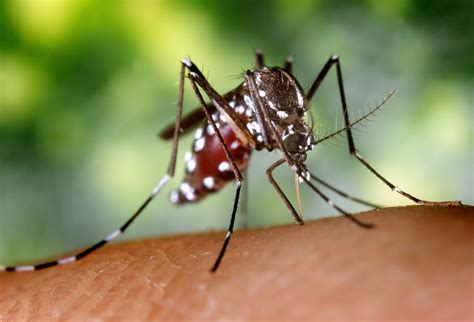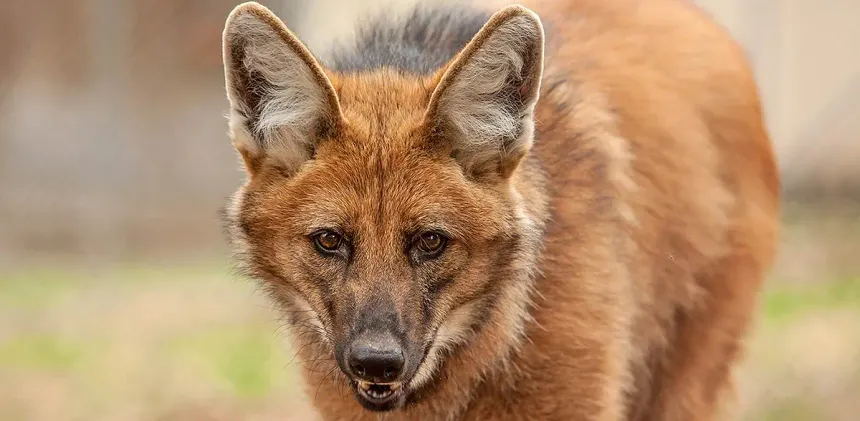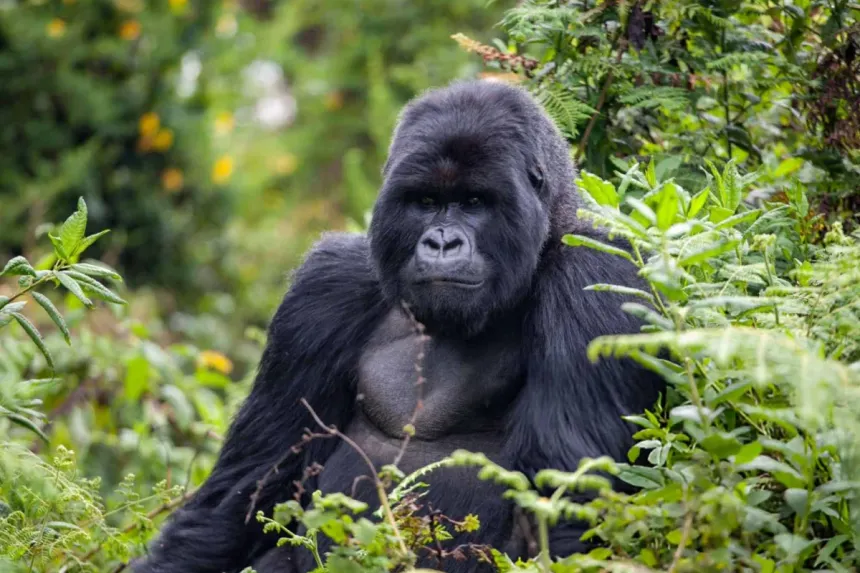Mosquitoes: The Deadliest Animal on Earth

Mosquitoes: The Deadliest Animal on Earth
When people think of dangerous animals, they often picture lions, sharks, or venomous snakes. But the true deadliest creature on Earth is much smaller, almost invisible to the naked eye: the mosquito. Despite its tiny size, this buzzing insect is responsible for more human deaths every year than any other animal, claiming over 700,000 lives annually.
What makes mosquitoes so lethal isn’t their bite, but what they carry and transmit. Mosquitoes are vectors for deadly diseases such as malaria, dengue fever, Zika virus, West Nile virus, chikungunya, and yellow fever. These diseases, especially malaria, affect millions of people—mainly in tropical and subtropical regions where access to healthcare and prevention tools is limited.
The most notorious disease-spreading mosquito is the Anopheles species, which spreads malaria, a disease that kills hundreds of thousands of people each year, especially children in sub-Saharan Africa. Meanwhile, Aedes aegypti, another species, is infamous for spreading Zika, dengue, and yellow fever. These viruses can cause severe flu-like symptoms, birth defects, or even death.

Part of what makes mosquitoes so dangerous is their adaptability. They breed in standing water—puddles, pots, gutters—and their eggs can survive in dry conditions for months. Climate change and urbanization are expanding mosquito habitats, increasing the risk of outbreaks in areas that were previously safe.
Despite their deadly impact, mosquitoes play a small role in some ecosystems as food for birds, bats, and fish. However, scientists are exploring ways to genetically modify or reduce mosquito populations to curb the spread of disease, sparking debate between ecological balance and public health needs.
Ultimately, the mosquito’s threat lies in its silent and invisible nature. It doesn’t roar or strike—it just lands, feeds, and leaves behind a deadly payload. In the battle between humans and animals, the mosquito quietly reigns as the most dangerous killer we’ve ever faced.




